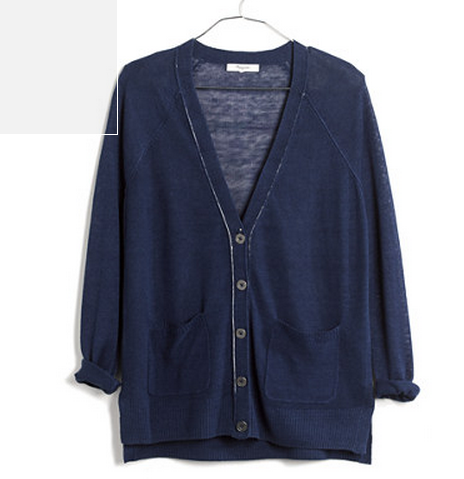Just the other day, I found a website listing the decreasing number of surviving Hollywood stars. I confess I was most interested in the few surviving figures from the silent screen--surprisingly a couple of (then) teenagers from the very late 1920s are still alive, although none reached any level of prominence. Lauren Bacall was on the list, but she wasn't the oldest and it wasn't a surprise (although I had no idea her near contemporary Lizabeth Scott was still with us). Just a teenager at the start of her career in the mid-1940s, she was one of the younger stars of the Classical era. Still working, tough, witty and in charge of all her faculties and still attractive, she appeared to be indestructible, a centenarian in the making despite her smoking habit.


Of course, she wasn't. On balance, I suppose a stroke at 89 is probably not the worst way to go but the loss of such an iconic figure is very sad. Besides losing such a talented figure who seemed like such a great woman, we've lost one of the few remaining links to Hollywood at its finest. I shouldn't say this as a film scholar, but the more I see of contemporary American film, the more my adolescent belief that the beginning of sound and the Paramount decrees severely diminished cinema seems less prejudicial and more accurate. (I now allow for the genius of much 1960s cinema and the work of later auteurs like Stanley Kubrick). Obviously, there are great films from every era--Joe Wright, Michael Winterbottom, Wong Kar Wai and Hou Hsiao-Hsien and Sofia Coppola are always interesting/brilliant but they aren't exactly of the mainstream, which used to be so strong.
I remember watching
To Have and Have Not as an undergraduate. I was resentful that we had to study the stodgy Howard Hawks as an auteur not the more thrilling Langs of the year earlier, but he did bring Bacall to prominence and showcase her at her most beautiful. Watching that film, it's amazing that this was her first screen work--her presence is so strong and composed and she is utterly compelling. By the 1950s, she had taken on a more down-to-earth persona that was perhaps a little too mature for a 20-something, which was, perhaps, a reflection of 1950s fashions and feminine ideals. But at the end of the day, you can see why the men in
The Cobweb,
Written on the Wind and
How To Marry a Millionaire might have favoured her characters over her more glamourous, flighty and/or neurotic costars.
Throughout her life, Bacall could act, was beautiful, mythical and bright, had a conscience, a brain and latterly showed us all how to age with style and grace. I'm glad she was with us so long but wish she could have survived just a little longer. Rest in well deserved peace.


























